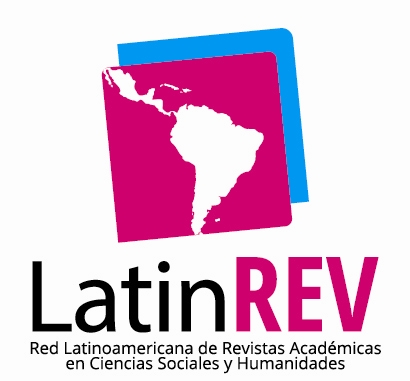THE COPERNICAN INVERSION AND THE LIMITS OF KNOWLEDGE ON HUME AND KANT
DOI:
https://doi.org/10.33975/disuq.vol3n1.119Keywords:
Modern epistemology, David Hume, Immanuel Kant, Copernican RevolutionAbstract
The main objective of this paper is to show that the epistemological revolution, named by Kant “Copernican revolution”, does not have a Kantian origin, although it is Kant who develops it in its entire splendor and systematize it. David Hume is the one who first approaches that epistemic inversion on the first part of A Treatise of Human Nature, when he claims that all we can get to know is not a knowledge about the things in themselves, but rather the objects on that knowledge, that is to say, the things, the relationships between the things and the existence of the world in general, don’t depend on another thing than on the human’s nature configuration to organize the cognizable world.















